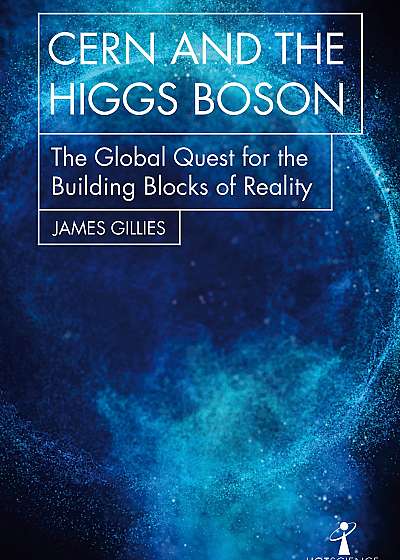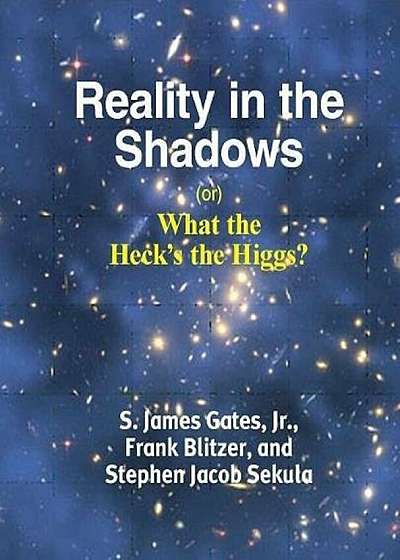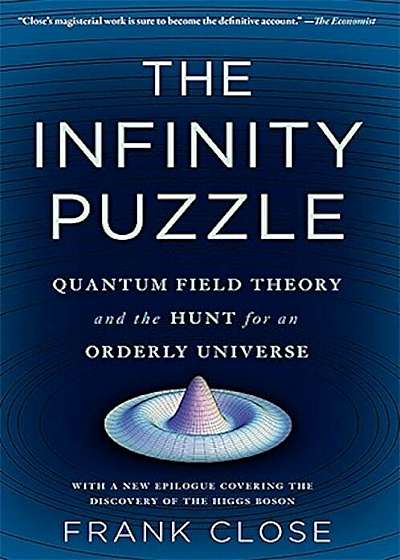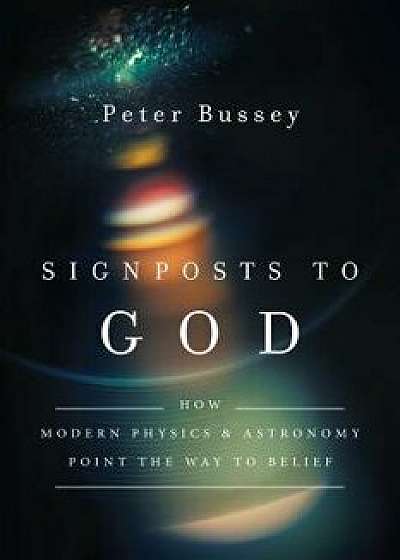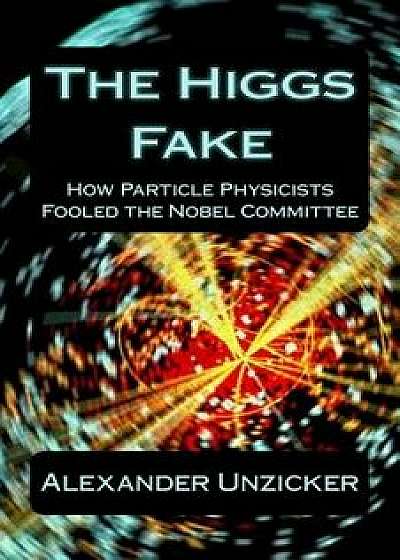
The Higgs Fake: How Particle Physicists Fooled the Nobel Committee, Paperback/Alexander Unzicker
Descriere
Contributor(s):Author: Alexander Unzicker Did the Nobel Prize In Physics in 2013 Make Einstein Turn In His Grave? The Higgs Fake - How Particle Physicists Fooled the Nobel Committee is a merciless critique of the Large Hadron Collider at CERN and of the theoretical model on which the world's most expensive experiment is based. Unzicker, a German physicist and award-winning science writer, argues that the reaction of the Swedish Academy to last year's discovery appears to be a result of being beguiled by CERN's attempts to justify the billions of dollars of public money being spent. The book starts off by claiming that the greatest physicists such as Einstein, Dirac of Schr dinger would have considered the "discovery" of the Higgs particle ridiculous. The reasons, according to the author, are that: "1) the so-called standard model has grown unbelievably complicated, 2) none of the great riddles of physics that have persisted for a century have been solved, 3) history suggests that the current model is a dead end, 4) with their ever-more intricate experimental techniques, particle physicists are fooling themselves with alleged results, 5) scientific convictions in the community are established by blind faith in expert opinions, group-think and parroting, and 6) the data analysis in its complexity cannot be overseen by anybody." Unzicker gives a historical survey of the field, and concludes that particle physics, as practiced since 1930, is "a futile enterprise in its entirety." The book is peppered with a series of funny quotes from famous philosophers and scientists. In the last section, "Antidotes," he specifically attacks "the overstated claims by famous physicists such as Rolf-Dieter Heuer, Michio Kaku, Lisa Randall, Sean Carroll, Brian Cox and Jim Al-Khalili." At the end, Unzicker lists questions that he would like to be asked to particle physicists at press conferences, hearings and discussions. Unzicker's books have been praised as "well-grounded, sound, and] inf
